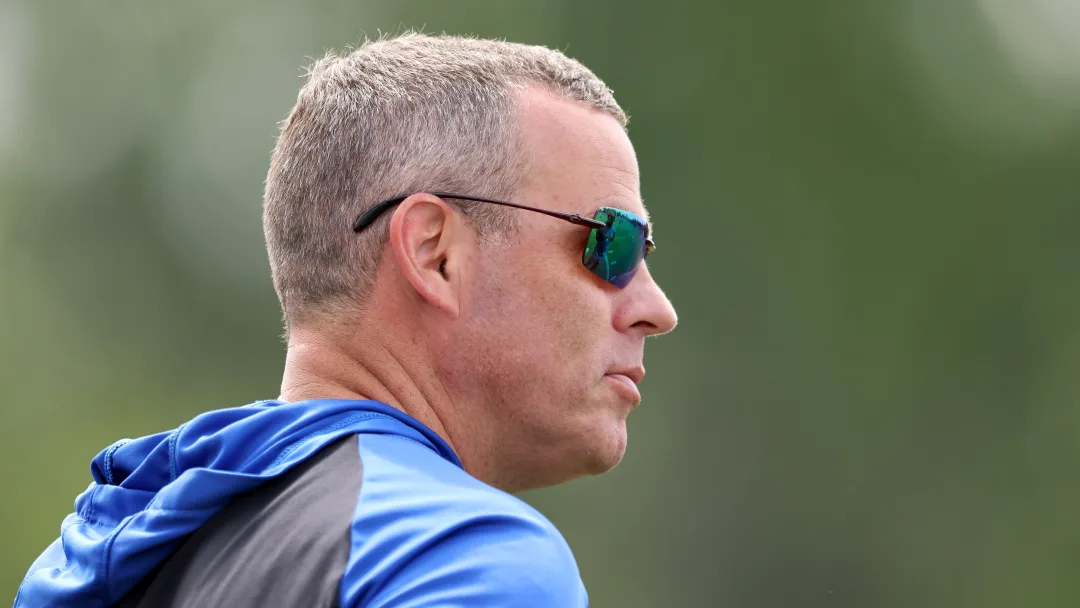Since joining the Buffalo Bills in May 2017 as part of the Sean McDermott era, Brandon Beane has made significant strides as their general manager. His tenure began after Doug Whaley’s somewhat lackluster drafting stint, which saw only a few standout players like Robert Woods, Sammy Watkins, and Preston Brown emerge.
Under Beane’s leadership, the Bills have rejuvenated their roster, cultivating a competitive culture unseen for nearly two decades. Despite some fan skepticism regarding Beane’s decision-making, particularly in the recent offseason, many now view it as his finest work yet.
Beane managed and resolved the salary cap challenges facing the Buffalo Bills.
Facing a daunting $40 million salary cap deficit after the 2023 season, Beane swiftly restructured key contracts for stars like Josh Allen, Von Miller, and Rasul Douglas, securing nearly $30 million in cap relief. While the NFL’s additional $10 million cap boost helped, tough cuts were inevitable, including Tre’Davious White, released post-June 1st to free up $10 million more.
Beane tackled the deficiencies in the roster.
Surprising moves followed, such as trading Stefon Diggs for future cap flexibility and draft picks, reshaping the wide receiver corps. Beane preemptively addressed this gap by signing veterans Curtis Samuel and Mack Hollins, complemented by drafting promising talent Keon Coleman.
Defensively, Beane bolstered the secondary with Taylor Rapp’s re-signing and Mike Edwards’ acquisition, offsetting departures like Jordan Poyer’s and uncertain statuses like Micah Hyde’s. While cornerback depth wasn’t a focus, the roster’s strengths in Rasul Douglas and others alleviate concerns.
The defensive line, though solid, received attention with rookies DeWayne Carter and Javon Soloman drafted to enhance depth and effectiveness.
Overall, Beane navigated a challenging offseason adeptly, ensuring the Bills remain competitive for the 2024 season, especially crucial with Josh Allen in his prime. While roster weaknesses persist, Beane’s strategic moves have minimized previous vulnerabilities, offering optimism for the team’s future performance.
